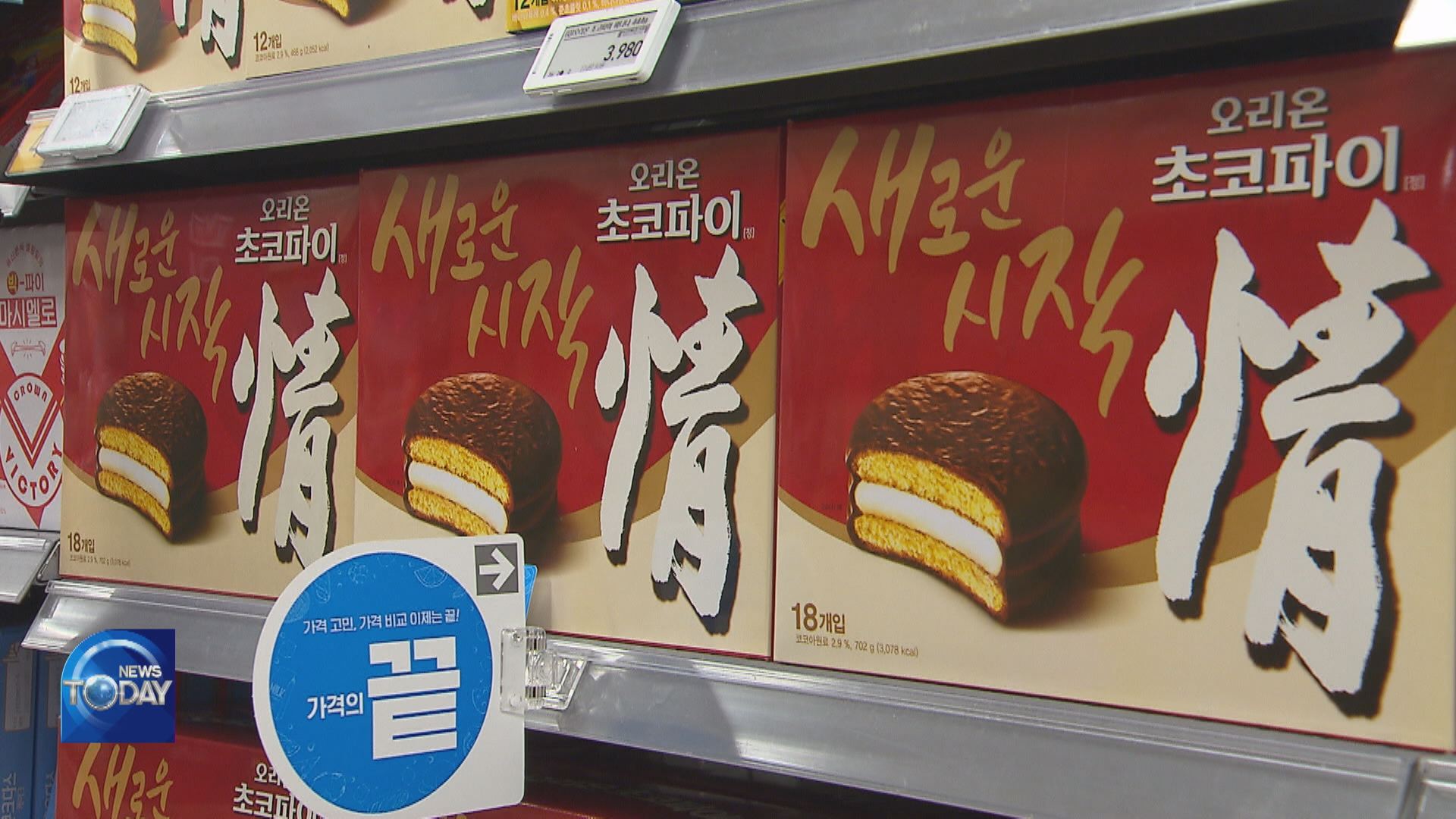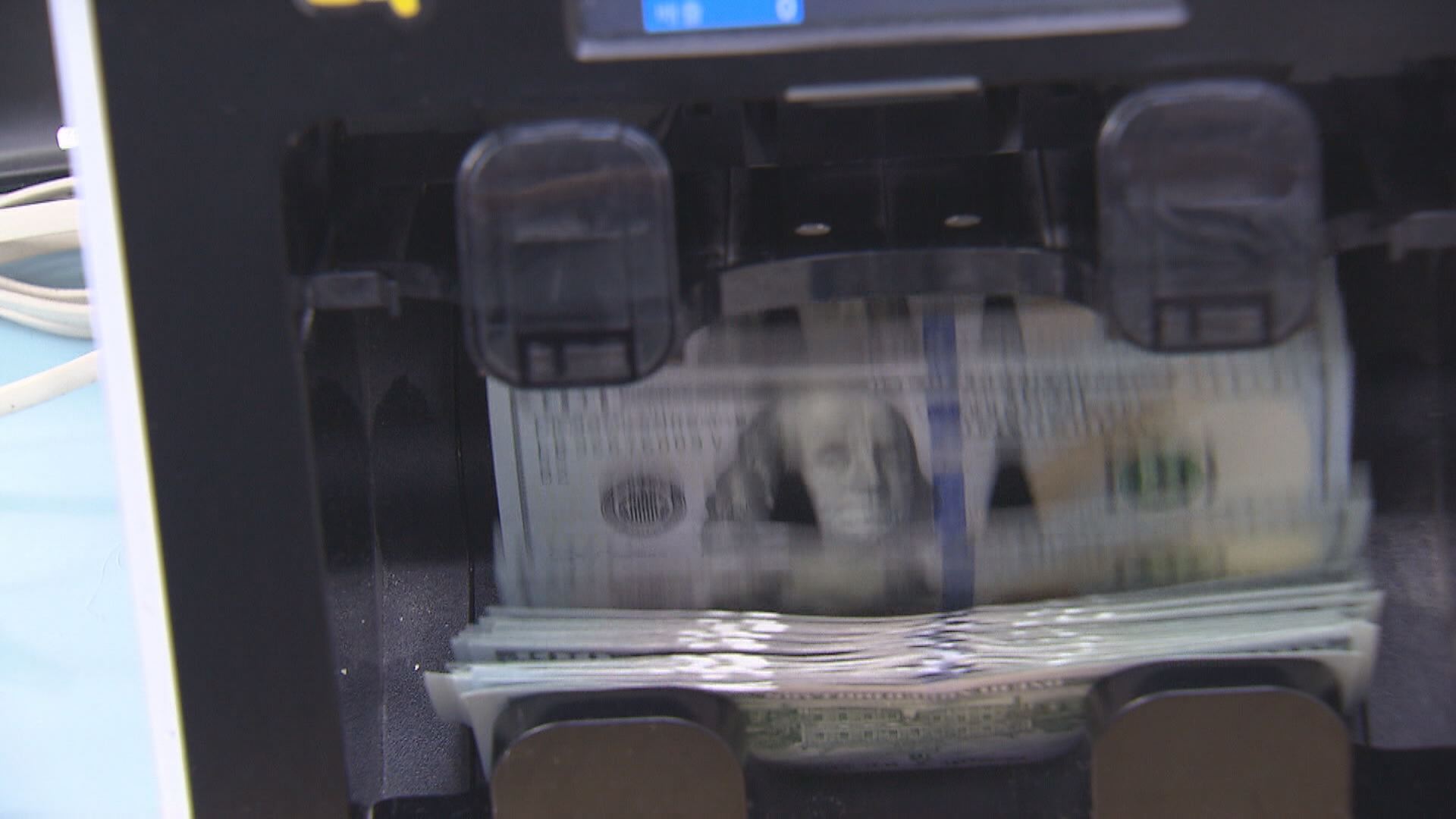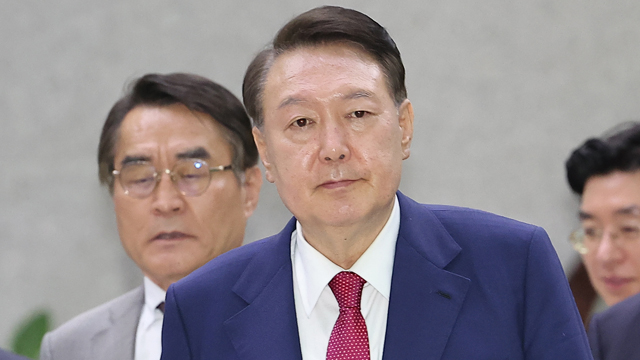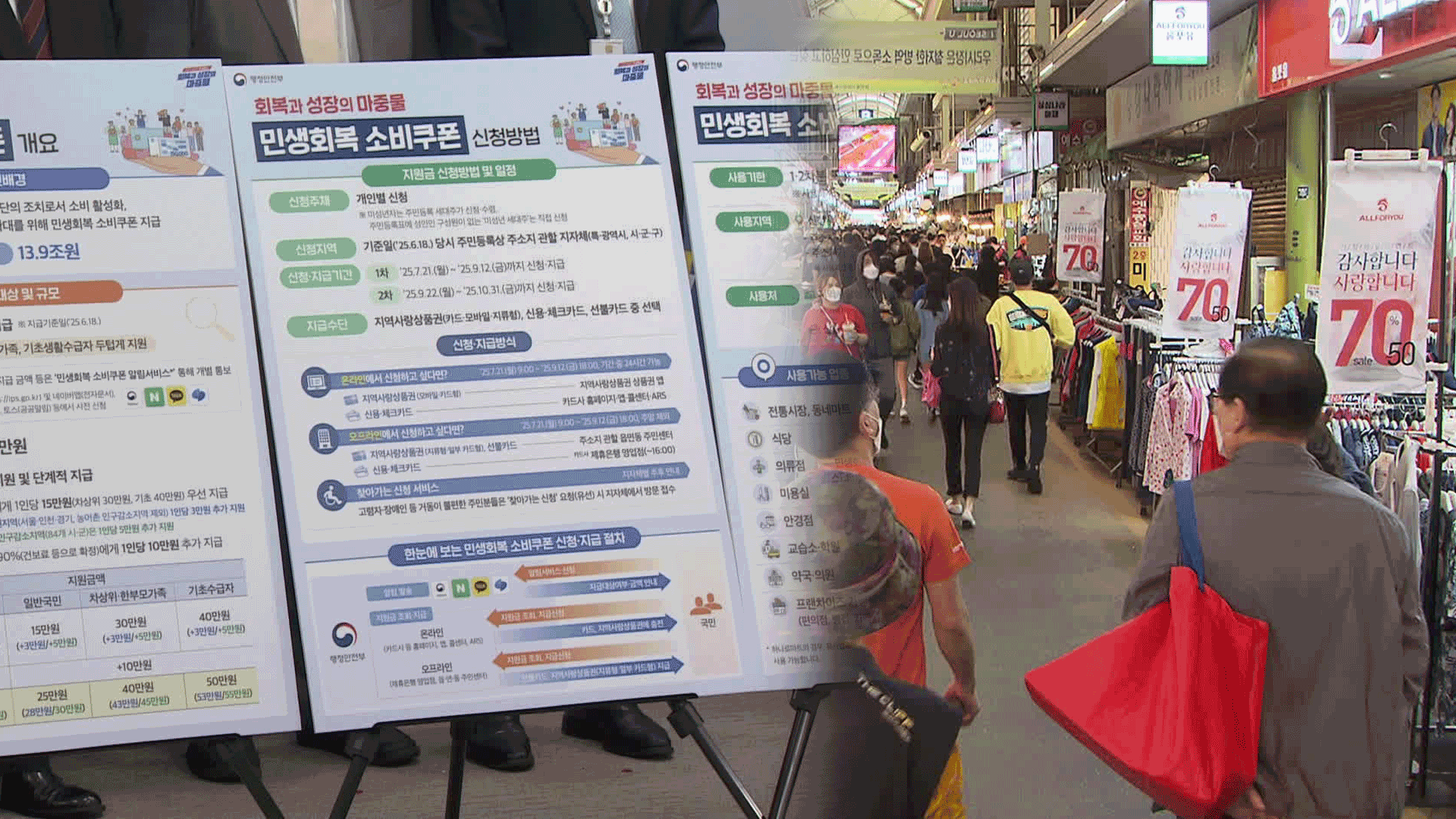PRICES OF PROCESSED FOODS SOAR
입력 2022.09.14 (15:27)
수정 2022.09.14 (16:45)
읽어주기 기능은 크롬기반의
브라우저에서만 사용하실 수 있습니다.
[Anchor Lead]
Prices of processed foods, from snacks to instant noodles, have been raised after Chuseok. The reason behind it is soaring prices of imported ingredients coupled with the plummeting value of the Korean currency. The price hike is especially burdensome for low-income earners.
[Pkg]
This snack is a household name in Korea. Its price has remained unchanged for nine years, but it eventually gave in to inflation. From Thursday, the price of this item is to be raised more than 12 percent.
[Soundbite] Nam Jang-hwan(Seoul Resident) : "My children and I have special memories of Choco Pie, especially from the days when we were doing our military service. It's sad its price will be raised."
A box of 12 pieces will cost over five thousand won at convenience stores. Potato chips produced by the same manufacturer will also cost 200 to 300 won more per pack. The import price of wheat flour has spiked 30 percent on-year. Palm oil is 70 percent more expensive now. Prices of instant noodles, which are made of the same ingredients, will be raised some 10 percent in the middle of September. Food manufacturers usually purchase ingredients months ahead. Therefore, the raised prices of raw materials are reflected in consumer prices at a certain interval. The good news is import prices of major grains are projected to decline in the fourth quarter for the first time in seven quarters. But the plummeting value of the Korean currency could be a problem.
[Soundbite] Kim Sang-hyo(Korea Rural Economic Inst.) : "The currency exchange rate is to impact processed food prices in about 3-6 months. They are unlikely to go down until at least the first half of next year. They may or may not be raised one more time."
It's hard to tell when the prices of processed products will peak, as prices of gas and packaging, as well as logistical and labor costs are all rising.
Prices of processed foods, from snacks to instant noodles, have been raised after Chuseok. The reason behind it is soaring prices of imported ingredients coupled with the plummeting value of the Korean currency. The price hike is especially burdensome for low-income earners.
[Pkg]
This snack is a household name in Korea. Its price has remained unchanged for nine years, but it eventually gave in to inflation. From Thursday, the price of this item is to be raised more than 12 percent.
[Soundbite] Nam Jang-hwan(Seoul Resident) : "My children and I have special memories of Choco Pie, especially from the days when we were doing our military service. It's sad its price will be raised."
A box of 12 pieces will cost over five thousand won at convenience stores. Potato chips produced by the same manufacturer will also cost 200 to 300 won more per pack. The import price of wheat flour has spiked 30 percent on-year. Palm oil is 70 percent more expensive now. Prices of instant noodles, which are made of the same ingredients, will be raised some 10 percent in the middle of September. Food manufacturers usually purchase ingredients months ahead. Therefore, the raised prices of raw materials are reflected in consumer prices at a certain interval. The good news is import prices of major grains are projected to decline in the fourth quarter for the first time in seven quarters. But the plummeting value of the Korean currency could be a problem.
[Soundbite] Kim Sang-hyo(Korea Rural Economic Inst.) : "The currency exchange rate is to impact processed food prices in about 3-6 months. They are unlikely to go down until at least the first half of next year. They may or may not be raised one more time."
It's hard to tell when the prices of processed products will peak, as prices of gas and packaging, as well as logistical and labor costs are all rising.
■ 제보하기
▷ 카카오톡 : 'KBS제보' 검색, 채널 추가
▷ 전화 : 02-781-1234, 4444
▷ 이메일 : kbs1234@kbs.co.kr
▷ 유튜브, 네이버, 카카오에서도 KBS뉴스를 구독해주세요!
- PRICES OF PROCESSED FOODS SOAR
-
- 입력 2022-09-14 15:27:55
- 수정2022-09-14 16:45:06

[Anchor Lead]
Prices of processed foods, from snacks to instant noodles, have been raised after Chuseok. The reason behind it is soaring prices of imported ingredients coupled with the plummeting value of the Korean currency. The price hike is especially burdensome for low-income earners.
[Pkg]
This snack is a household name in Korea. Its price has remained unchanged for nine years, but it eventually gave in to inflation. From Thursday, the price of this item is to be raised more than 12 percent.
[Soundbite] Nam Jang-hwan(Seoul Resident) : "My children and I have special memories of Choco Pie, especially from the days when we were doing our military service. It's sad its price will be raised."
A box of 12 pieces will cost over five thousand won at convenience stores. Potato chips produced by the same manufacturer will also cost 200 to 300 won more per pack. The import price of wheat flour has spiked 30 percent on-year. Palm oil is 70 percent more expensive now. Prices of instant noodles, which are made of the same ingredients, will be raised some 10 percent in the middle of September. Food manufacturers usually purchase ingredients months ahead. Therefore, the raised prices of raw materials are reflected in consumer prices at a certain interval. The good news is import prices of major grains are projected to decline in the fourth quarter for the first time in seven quarters. But the plummeting value of the Korean currency could be a problem.
[Soundbite] Kim Sang-hyo(Korea Rural Economic Inst.) : "The currency exchange rate is to impact processed food prices in about 3-6 months. They are unlikely to go down until at least the first half of next year. They may or may not be raised one more time."
It's hard to tell when the prices of processed products will peak, as prices of gas and packaging, as well as logistical and labor costs are all rising.
Prices of processed foods, from snacks to instant noodles, have been raised after Chuseok. The reason behind it is soaring prices of imported ingredients coupled with the plummeting value of the Korean currency. The price hike is especially burdensome for low-income earners.
[Pkg]
This snack is a household name in Korea. Its price has remained unchanged for nine years, but it eventually gave in to inflation. From Thursday, the price of this item is to be raised more than 12 percent.
[Soundbite] Nam Jang-hwan(Seoul Resident) : "My children and I have special memories of Choco Pie, especially from the days when we were doing our military service. It's sad its price will be raised."
A box of 12 pieces will cost over five thousand won at convenience stores. Potato chips produced by the same manufacturer will also cost 200 to 300 won more per pack. The import price of wheat flour has spiked 30 percent on-year. Palm oil is 70 percent more expensive now. Prices of instant noodles, which are made of the same ingredients, will be raised some 10 percent in the middle of September. Food manufacturers usually purchase ingredients months ahead. Therefore, the raised prices of raw materials are reflected in consumer prices at a certain interval. The good news is import prices of major grains are projected to decline in the fourth quarter for the first time in seven quarters. But the plummeting value of the Korean currency could be a problem.
[Soundbite] Kim Sang-hyo(Korea Rural Economic Inst.) : "The currency exchange rate is to impact processed food prices in about 3-6 months. They are unlikely to go down until at least the first half of next year. They may or may not be raised one more time."
It's hard to tell when the prices of processed products will peak, as prices of gas and packaging, as well as logistical and labor costs are all rising.
이 기사가 좋으셨다면
-
좋아요
0
-
응원해요
0
-
후속 원해요
0

















이 기사에 대한 의견을 남겨주세요.